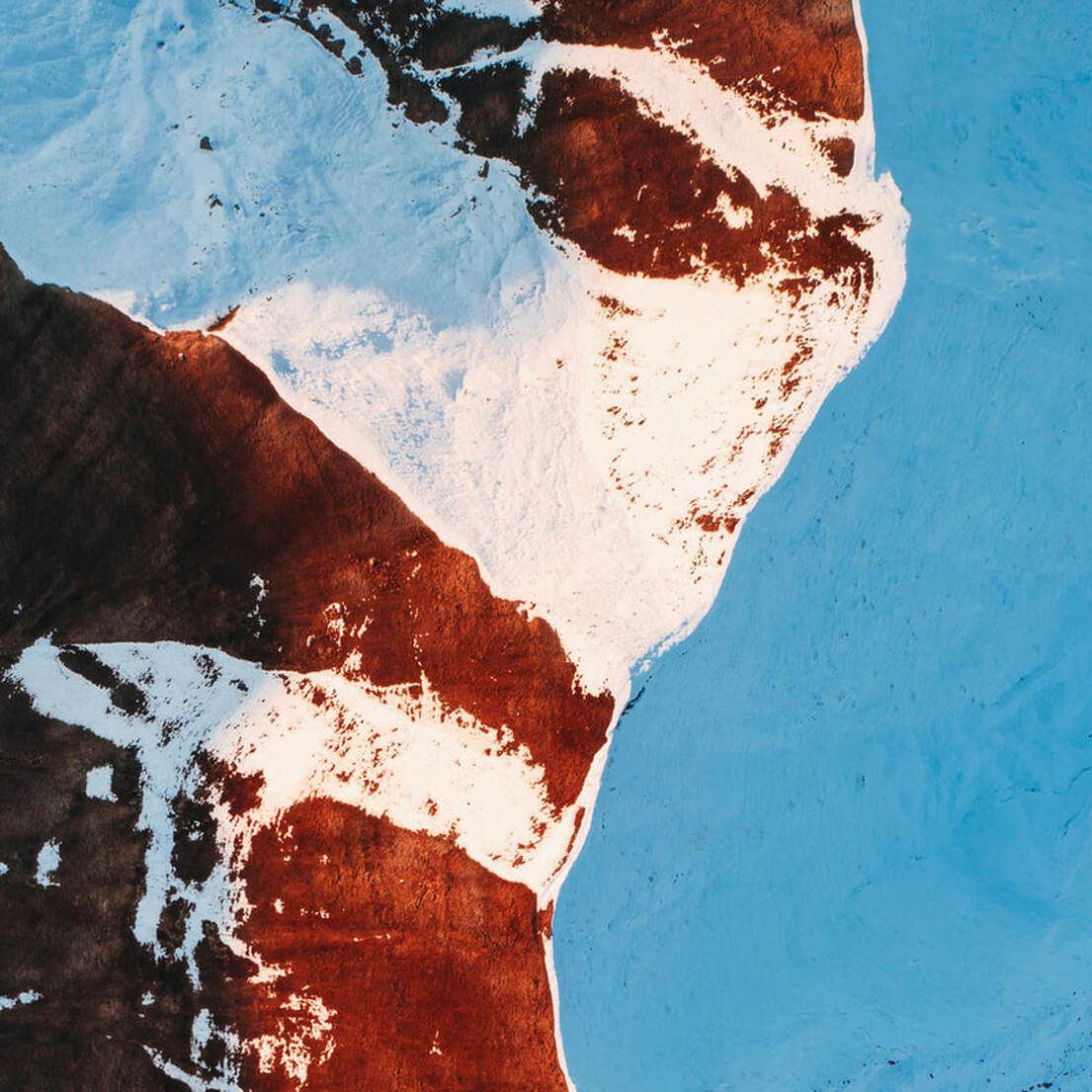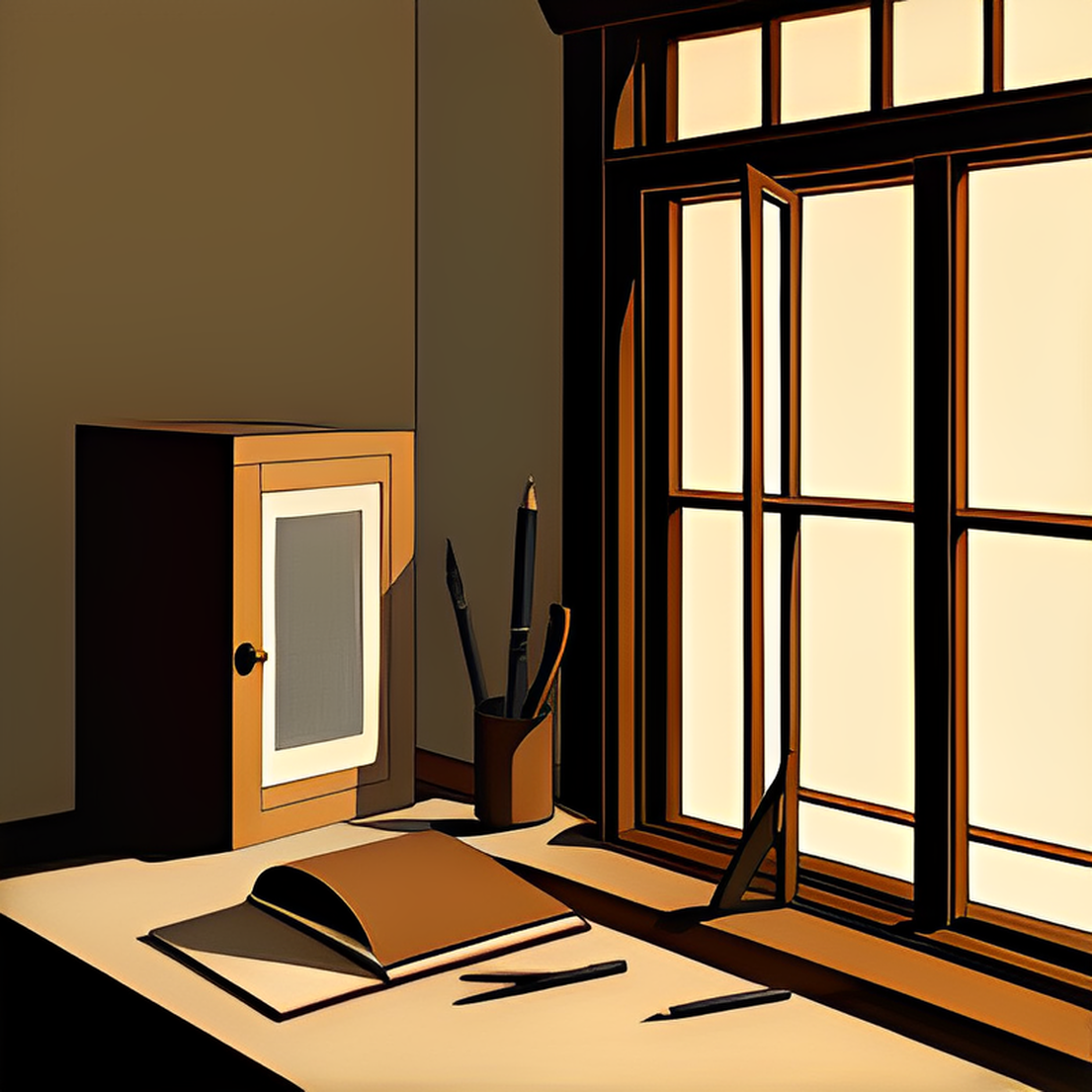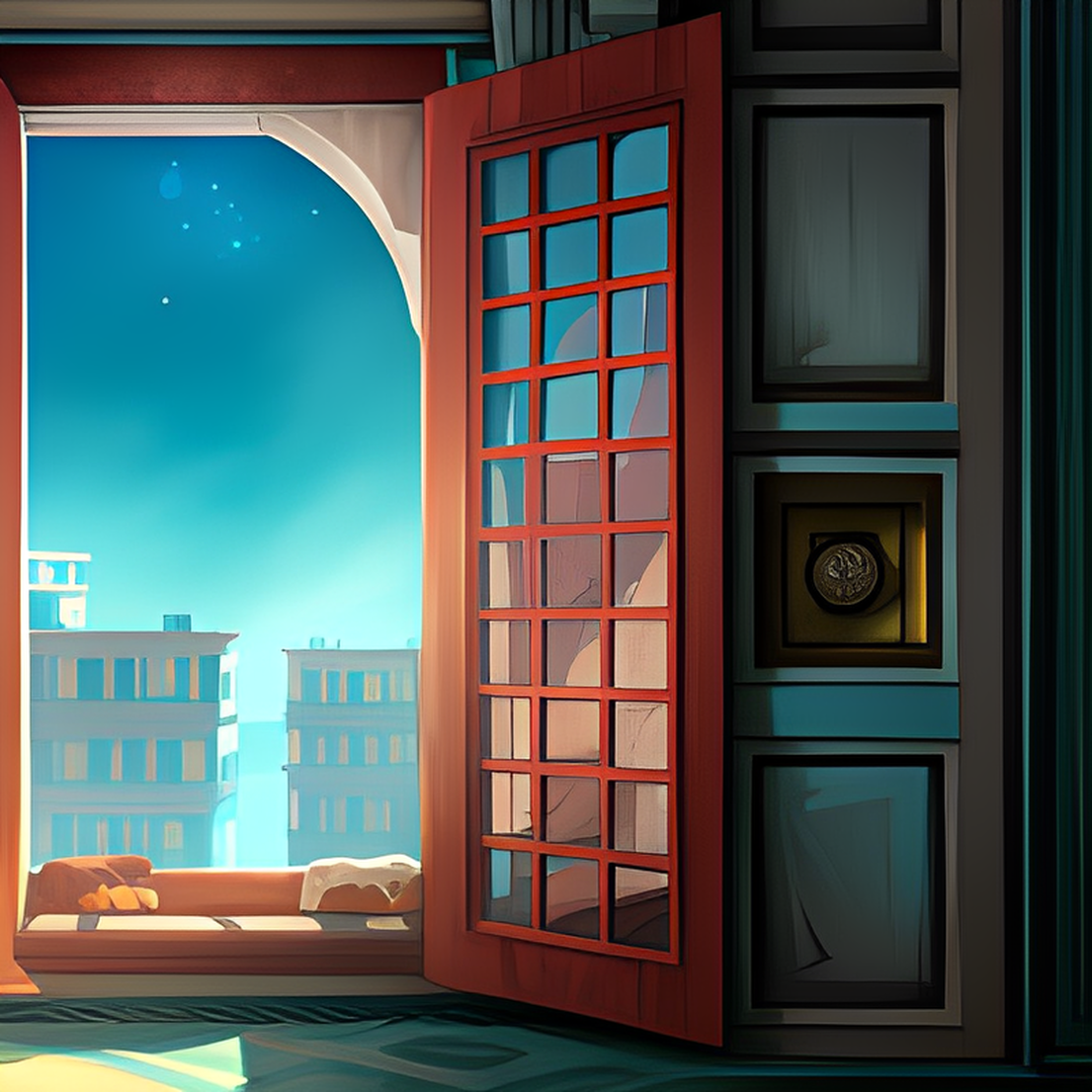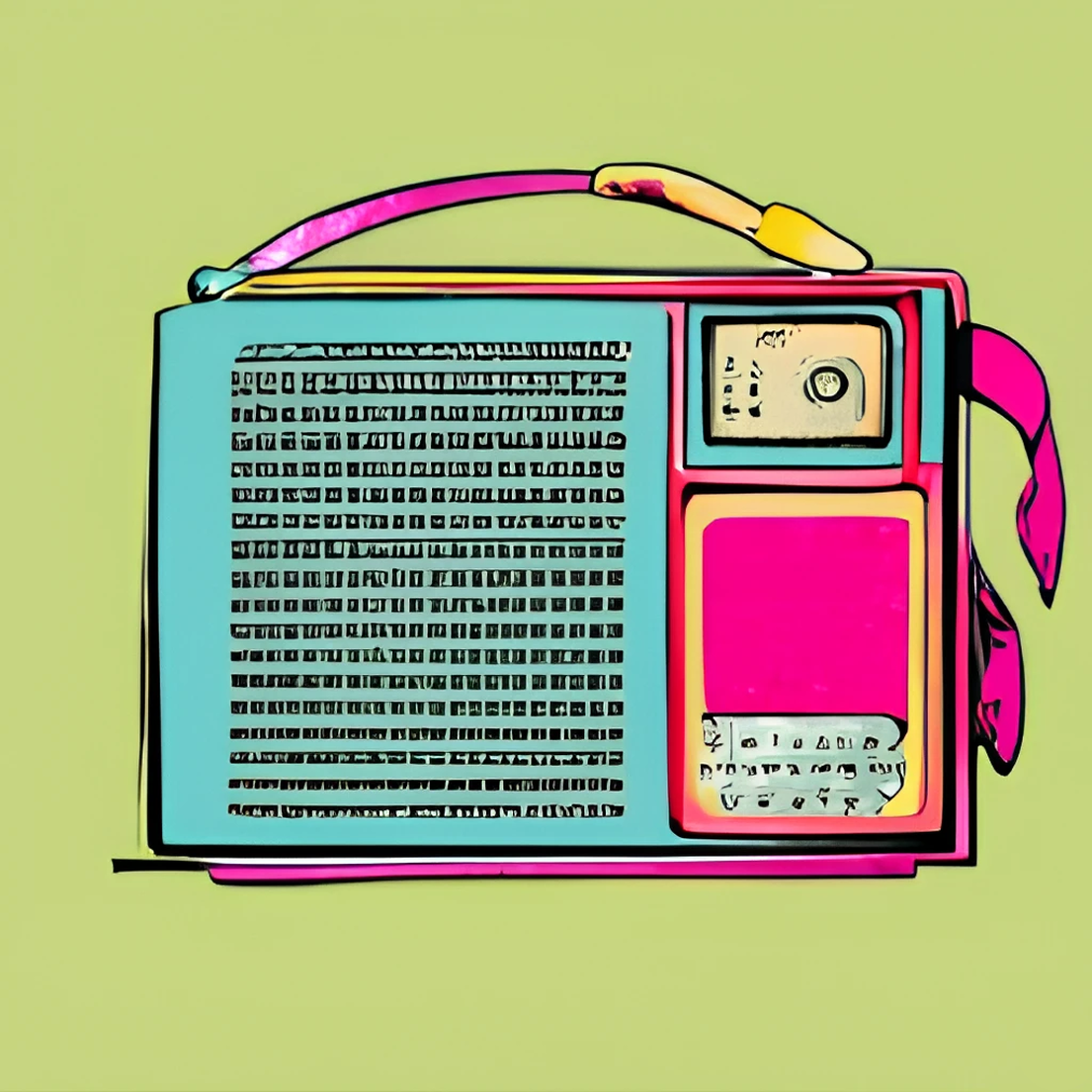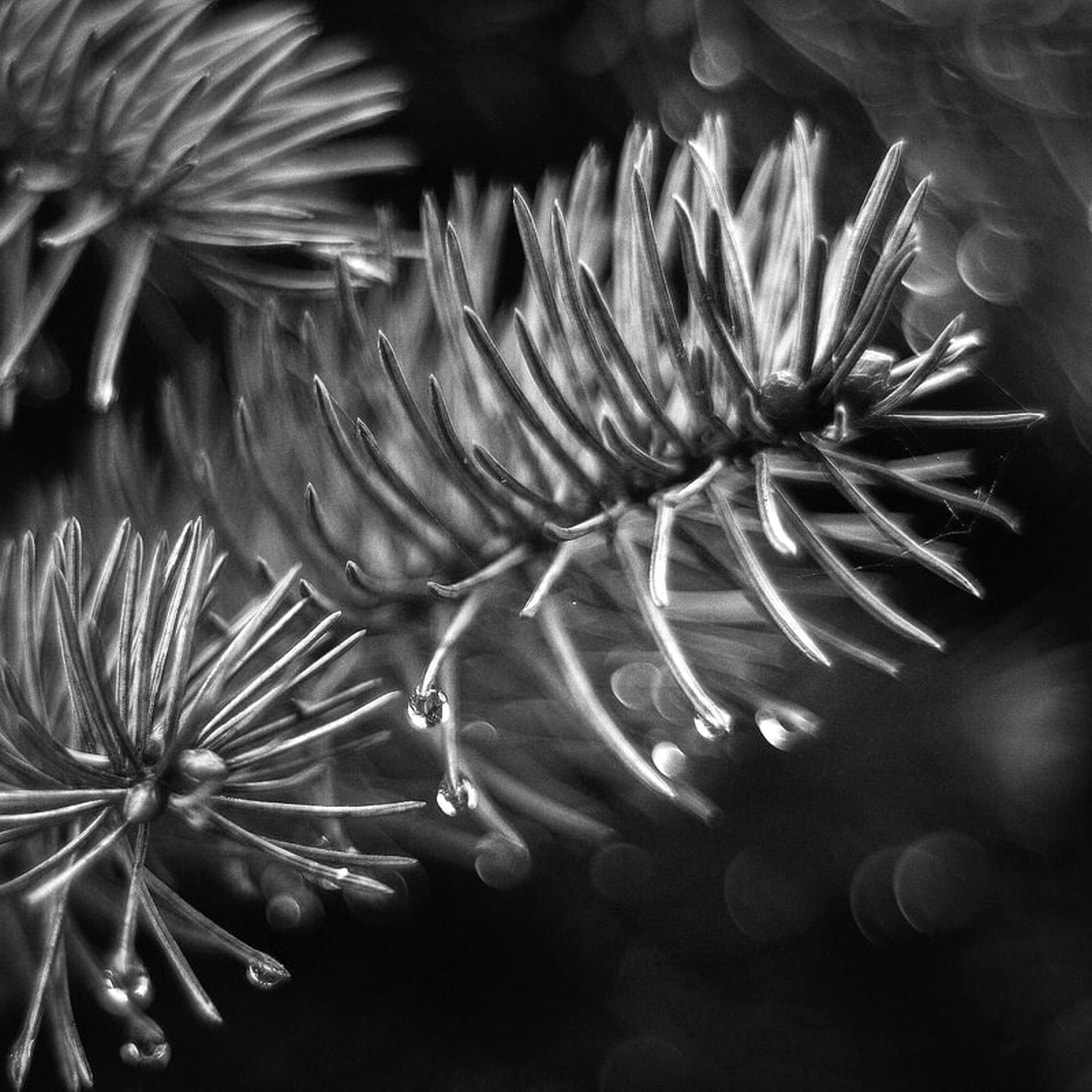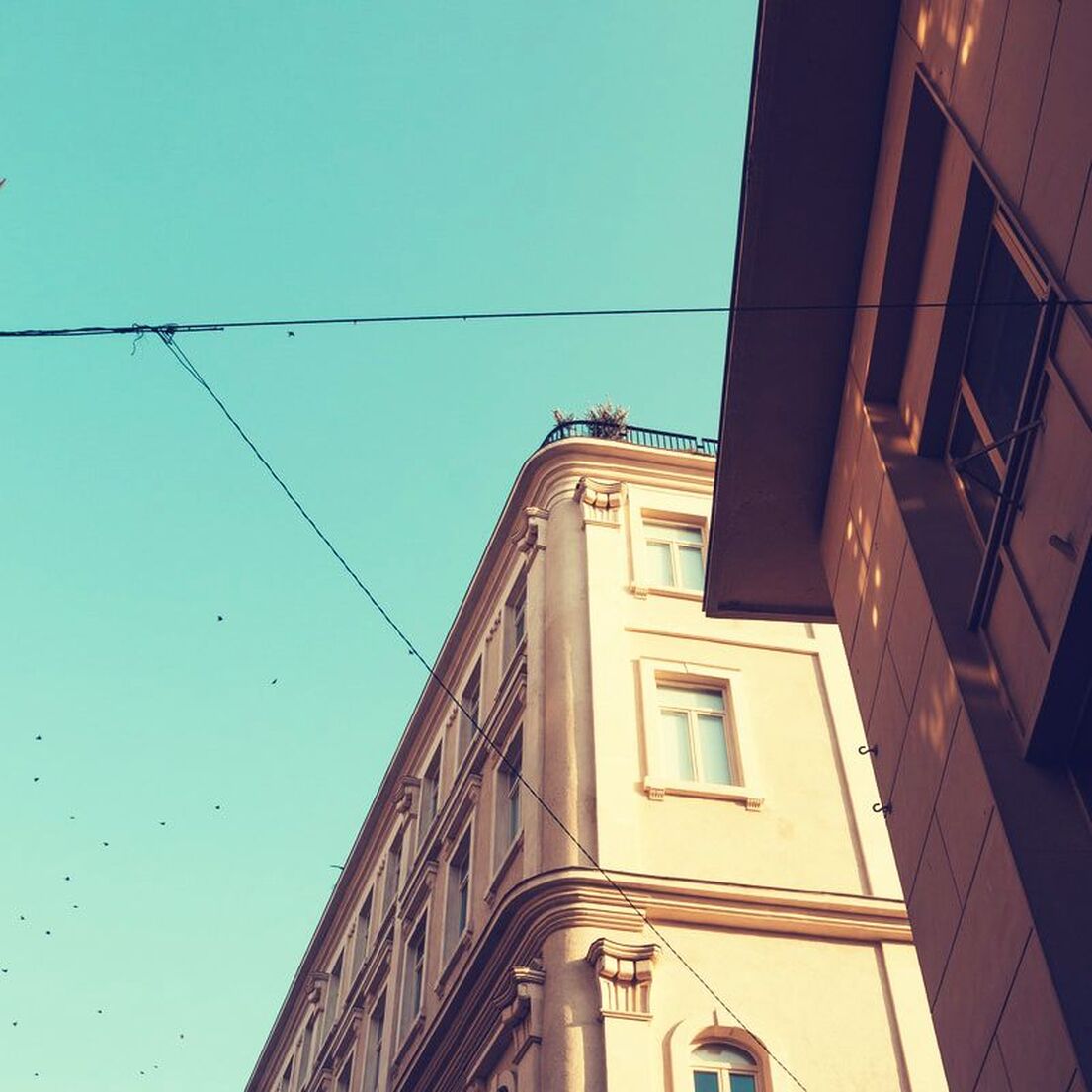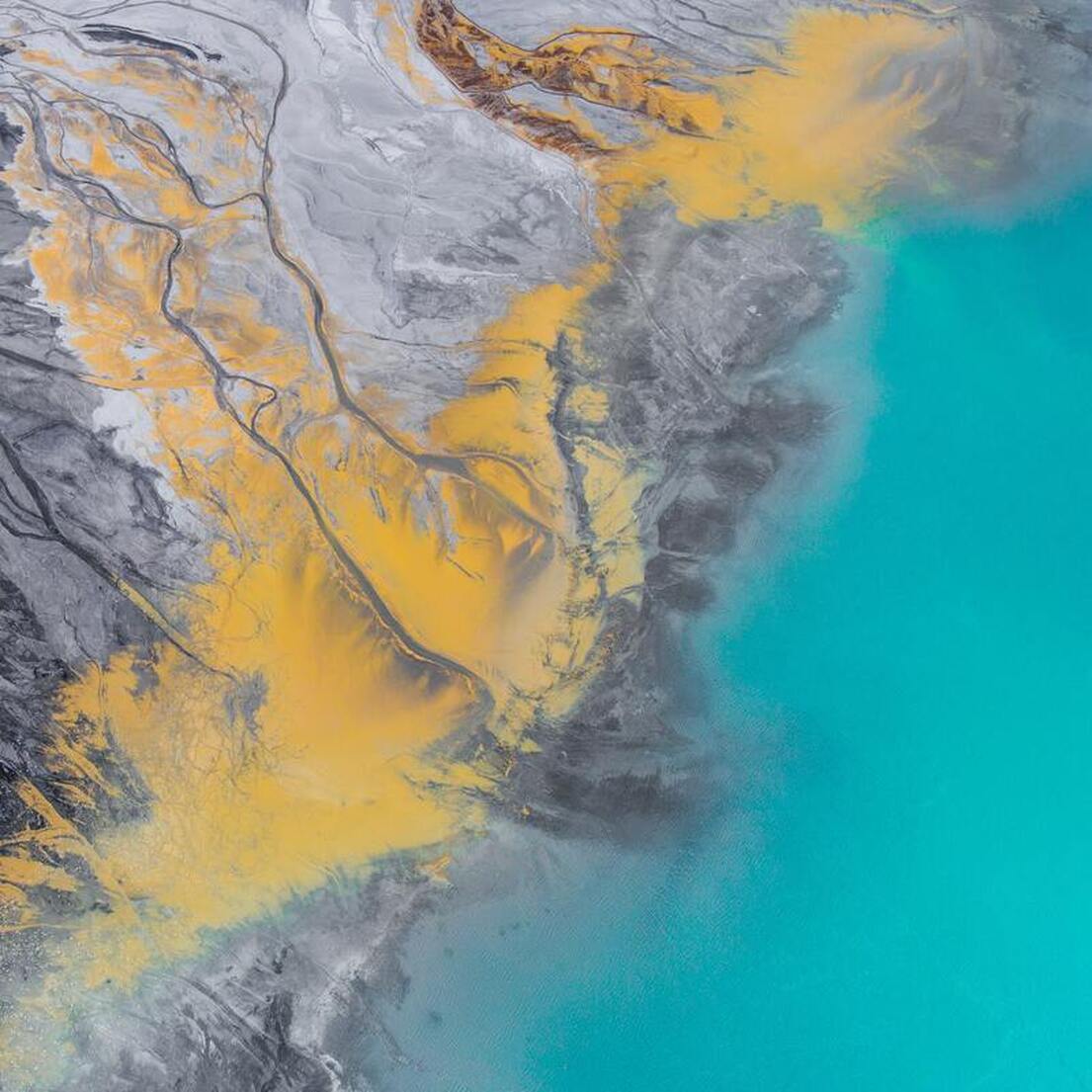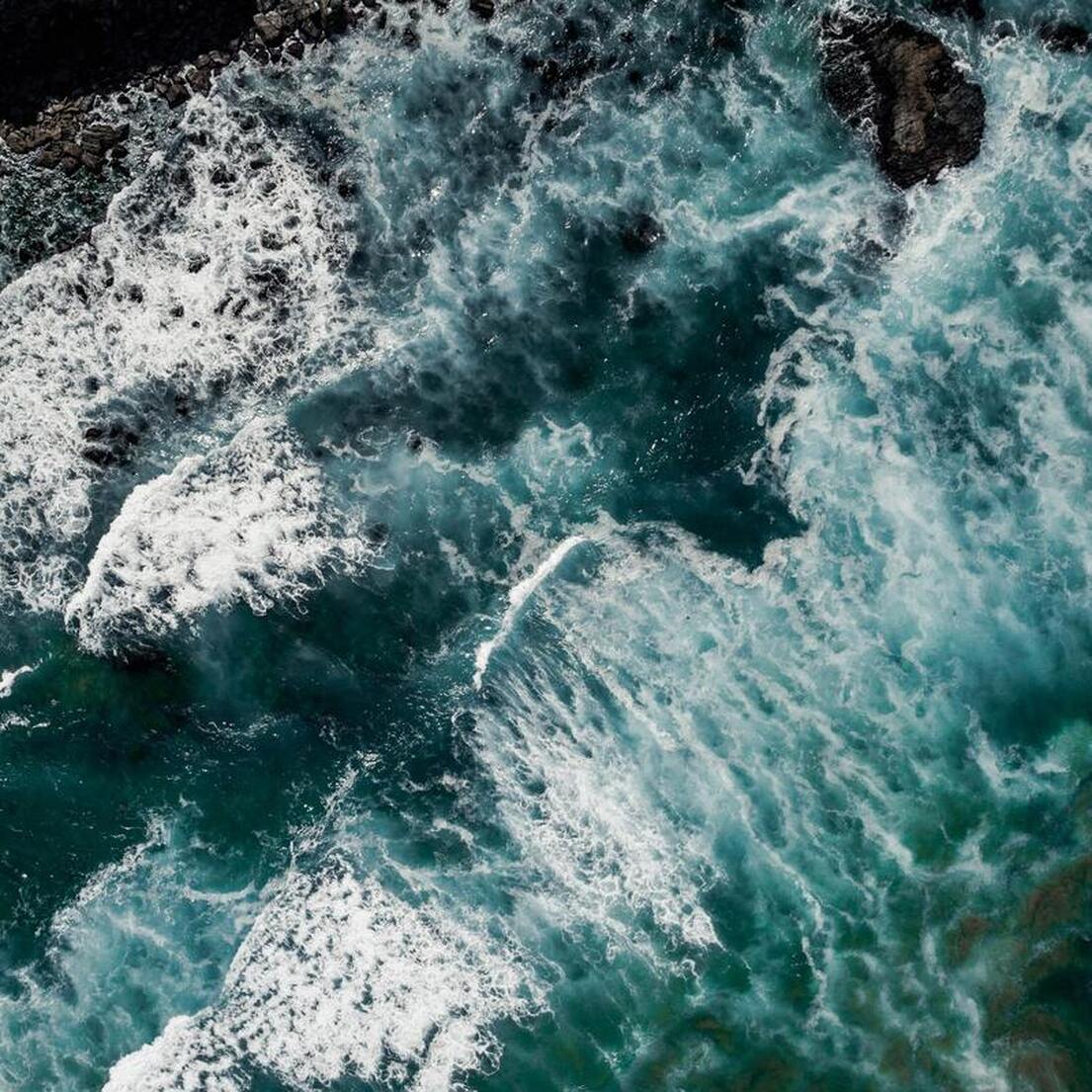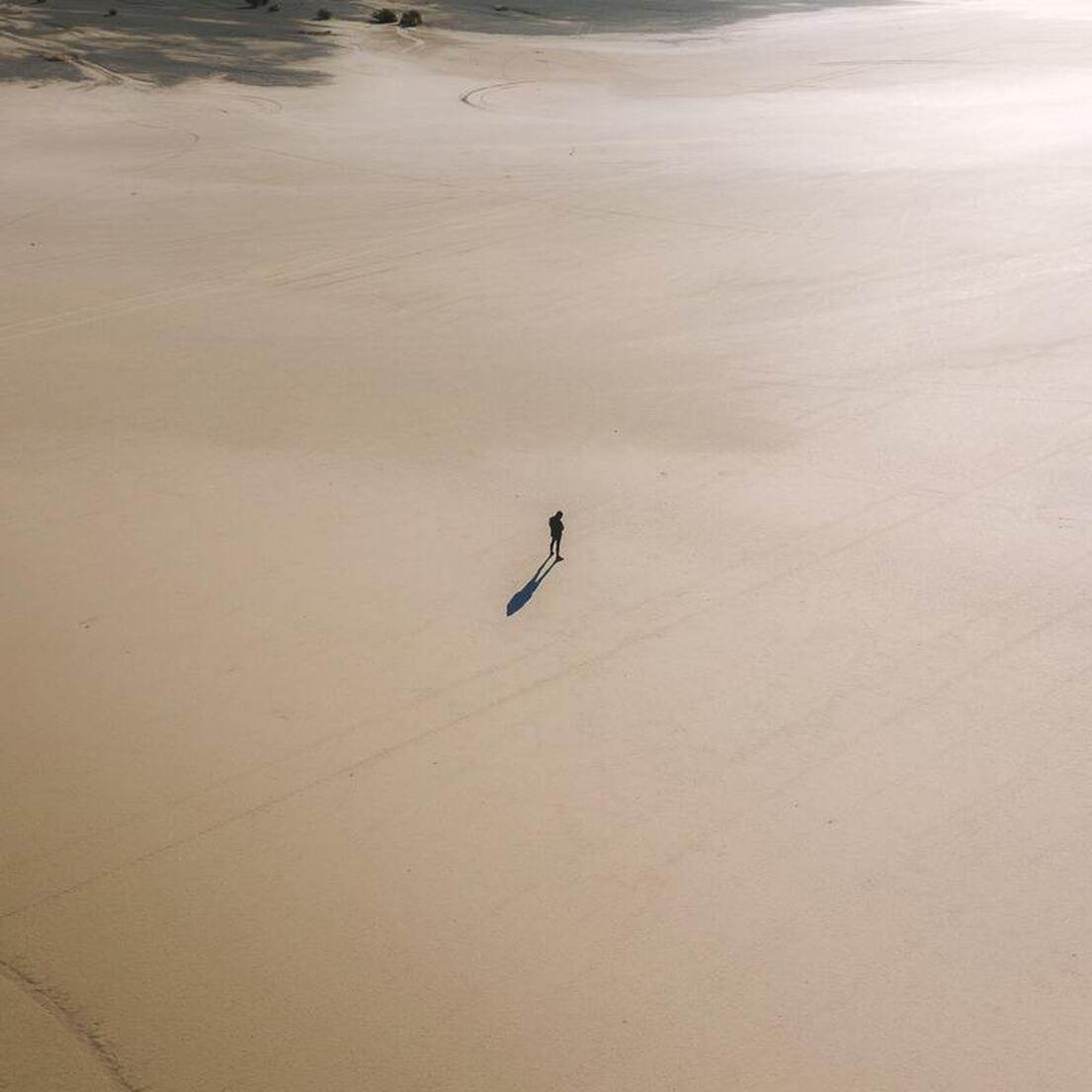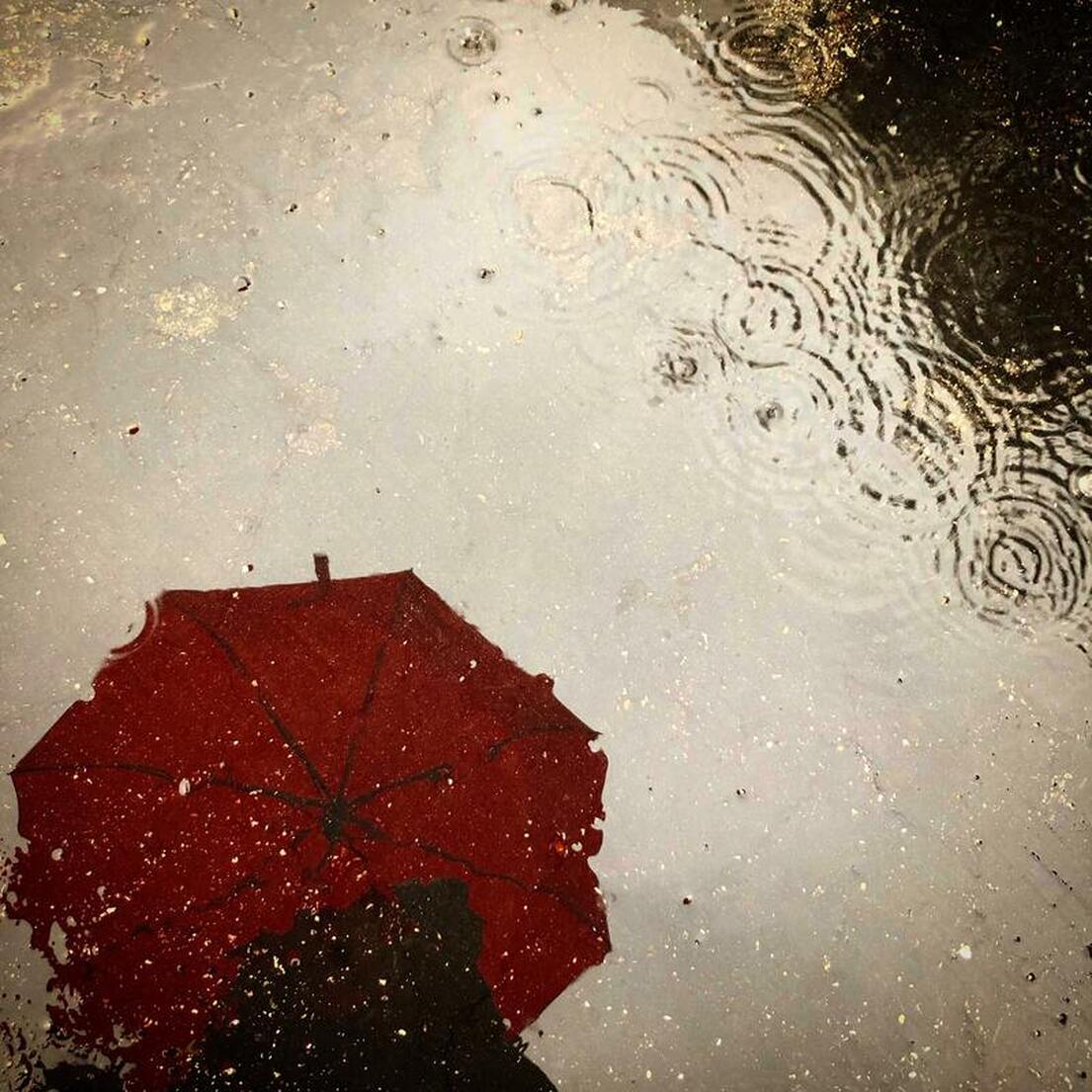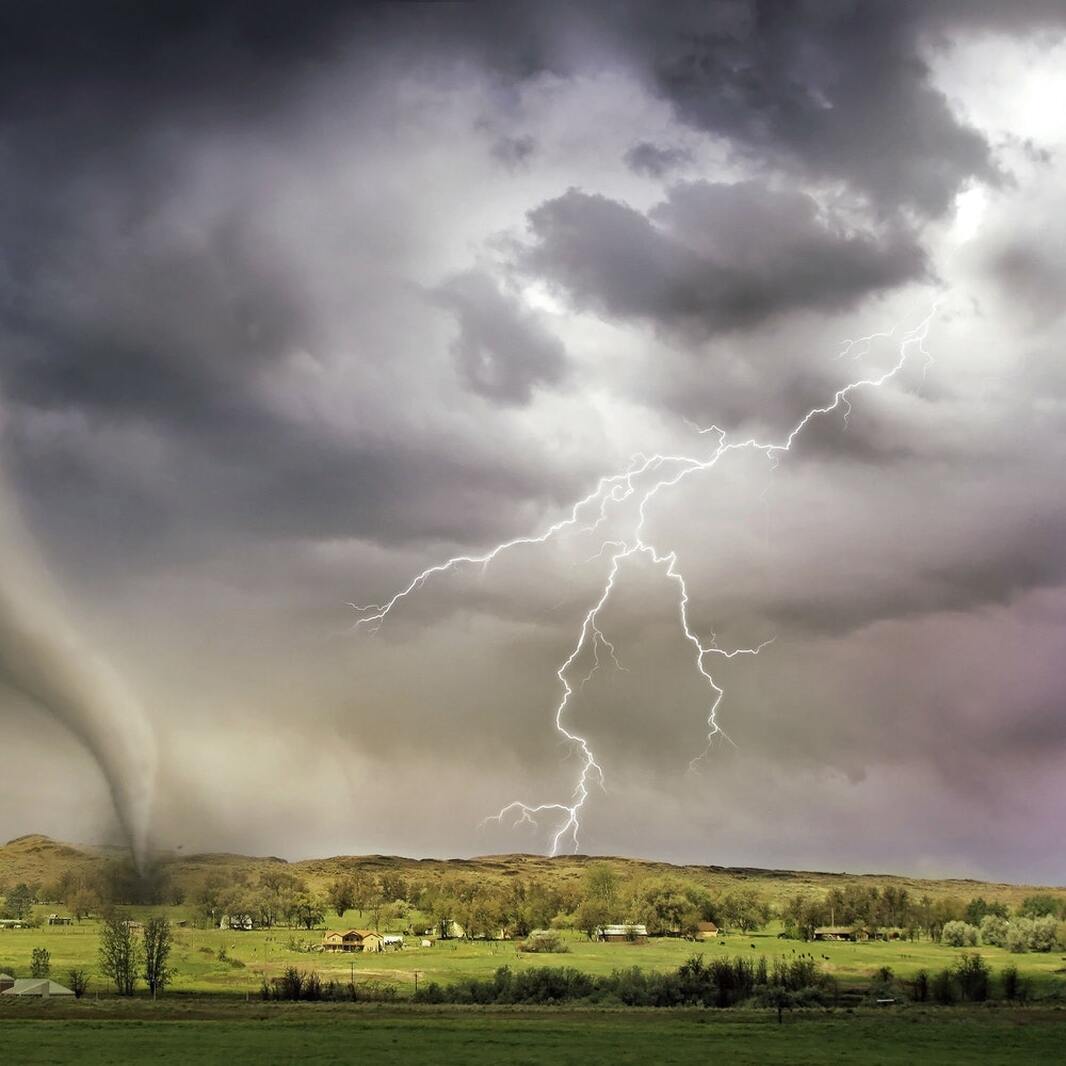|
You are smaller than I remember
And so is the house, set downhill Afloat in a sea of scrub oak. From up here It’s an ordinary box with gravel Spread over its lid, weighting it, but Inside it’s full of shadows and sky. Clouds pull themselves over dry Grass, which, if I’m not mistaken, will erupt Any minute in flame. Only A spark, a sunbeam focused. From up Here, enjoying the view, I can finally Take you in. Will you wave back? I keep Slingshotting around. There’s gravity For you, but all I ever wanted was to fly. -- Katherine Coles I'd go to the airport an hour before the arrival time of your plane even though I know it'll arrive an hour late.
I'd go an hour early because I want us to share your first experience of Egyptian timing. Egypt is not bound to the pace in which Earth loops her way around the sun like the lake swan, because Egypt has always preferred belly dances to ballet and it shows well in weddings. I'd take you to your first Egyptian street wedding.. Show you how we set it up using khayameya, the same khayameya we use for funerals. I'd grab a handful of Cairo's juxtaposition, and have you stick your tongue out and taste it. I'd take you to the poorest neighborhood in Cairo, and let you see how rich it is. dirt in abundance azans in abundance smiles in abundance and colloquial namecalling in abundance. I'd grab a handful of Cairo's juxtaposition, and have you stick your tongue out and taste it. I'd take you to khan El Khalili, where you'd get lost between the smell of kebab and the scent of musk. I'd take you to each silver shop there and count with you Hamsas as if we're counting stars and looking for the little prince. I'd hold your hand each time we see a Hamsa. I'd grab you by the hand and take you to the palm reader in the old ahwa that smells of antiquity yet serves fresh minted tea. I'd grab you by the hand because that's where your heart line is. I'd take you to the Nile afterwards because that's where my heart line is. I'd grab a handful of Cairo's juxtaposition, and have you stick your tongue out and taste it. I'd take you at evening on a Feluka louder in sound and light than one of your nightclubs, and let you see how it shatters the night as if it’s made of glass. I'd take you at morning on a Feluka where the glass towers are, and let you see how arrogantly they stand on the river bank. I'd love you until noon on a Feluka where our view would be the clean cold glass towers' reflection on the ***** warm Nile. I'd name that Feluka "clean sheets are not the warmest" I'd grab a handful of Cairo's juxtaposition, and have you stick your tongue out and taste it. I'd take you on a journey on the 6th of October bridge, and let you see how the cars walk hand in hand like lovers, but keep on honking, breaking, leaking, like it's the end of their relationship. I'd take you to downtown where street vendors are screaming their lungs out so loud that, due to the physical laws of the universe, their vigorous voices are no longer heard I'd grab a handful of Cairo's juxtaposition, and have you stick your tongue out and taste it. I'd take you to the wall protecting the Israeli embassy, but I won't get you too close so that you won't smell the scent of accumulated ****, **** that smells of pollution, salt, and sorrow. I'd take you to the wall protecting the Israeli embassy but I won't let you stand too far away. I'd take you the wall protecting the Israeli embassy and I'd take a step forwards with you, just one step so that we'd be close enough to see the rumble, and then I'll show you no more. I'd take you to the wall protecting the Israeli embassy and let the rumble show you Egypt... let the rumble show you the revolution... let the rumble show you the sting of عيش حرية عدالة اجتماعية كرامة انسانية carved as graffiti to be rewritten no matter how many times the government washes it away. I'd grab a handful of Cairo's juxtaposition, and have you stick your tongue out and taste it. I'd take you to the pyramids at night. I'd buy us lemonade and tell you why I prefer using stones to metaphors. I'll take you to my home and show you why this city is so worthy of love.. Why this city is so grey.. so loud.. so cruel.. and so beautiful. — Nesma If you love Cairo, it will love you back. “You should know that there is little you can seek in this world, that there is no need for you to be so greedy, in the end all you can achieve are memories, hazy, intangible, dreamlike memories which are impossible to articulate. When you try to relate them, there are only sentences, the dregs left from the filter of linguistic structures.”
― Xingjian Gao You must stay up all night at least four times a year.
There aren't enough crazy people around me to go further than that. A single sleepless night isn't worth much when you're on your own. It needs to be shared. Only then does the city open up to you without thoughts of death. Gargoyles carry out their work as exorcists. Muezzins get drunk on street corners. There is always a couple who get married at dawn by drawing lots. The Partisans' Chant becomes a drinking song. Satan starts to wax lyrical and hands out unbaited, red apples to the worshippers. Feet trample on a treasure-hoard of stars. The taste of sex rises in the mouth like lemon on oysters. Only vagabonds can be poets. ― Abdellatif Laâbi I stalked her in the grocery store: her crown
of snowy braids held in place by a great silver clip, her erect bearing, radiating tenderness, watching the way she placed yogurt and avocados in her basket, beaming peace like the North Star. I wanted to ask, "What aisle did you find your serenity in, do you know how to be married for fifty years or how to live alone, excuse me for interrupting, but you seem to possess some knowledge that makes the earth turn and burn on its axis—" But we don’t request such things from strangers nowadays. So I said, "I love your hair." ― Alison Luterman “To spin the web and not be caught in it, to create the world, to create your own life, to rule your fate, to name the grandmothers as well as the fathers, to draw nets and not straight lines, to be a maker as well as a cleaner, to be able to sing and not be silenced, to take down the veil and appear: all these are the banners on the laundry line I hang out.”
― Rebecca Solnit, Men Explain Things to Me “Among other things there will be waves of terrible sadness, which last sometimes for days; irritation, insensibility, etc., etc., which taken together form a melancholy. Now, painful as it is, this is sent to us for an enlightenment. It always passes off, and we learn about life from it, and we ought to learn a great many good things if we react on it right. Many persons take a kind of sickly delight in hugging it; and some sentimental ones may even be proud of it, as showing a fine sorrowful kind of sensibility. Such persons make a regular habit of the luxury of woe. That is the worst possible reaction on it. It is usually a sort of disease, when we get it strong, arising from the organism having generated some poison in the blood; and we mustn't submit to it an hour longer than we can help, but jump at every chance to attend to anything cheerful or comic or take part in anything active that will divert us from our mean, pining inward state of feeling. When it passes off, as I said, we know more than we did before. And we must try to make it last as short as time as possible. The worst of it often is that, while we are in it, we don't want to get out of it. We hate it, and yet we prefer staying in it—that is a part of the disease. If we find ourselves like that, we must make something ourselves to some hard work, make ourselves sweat, etc.; and that is the good way of reacting that makes of us a valuable character. The disease makes you think of yourself all the time; and the way out of it is to keep as busy as we can thinking of things and of other people—no matter what's the matter with our self.”
— William James You're Clownlike, happiest on your hands, Feet to the stars, and moon-skulled, Gilled like a fish. A common-sense Thumbs-down on the dodo's mode. Wrapped up in yourself like a spool, Trawling your dark, as owls do. Mute as a turnip from the Fourth Of July to All Fools' Day, O high-riser, my little loaf. Vague as fog and looked for like mail. Farther off than Australia. Bent-backed Atlas, our traveled prawn. Snug as a bud and at home Like a sprat in a pickle jug. A creel of eels, all ripples. Jumpy as a Mexican bean. Right, like a well-done sum. A clean slate, with your own face on. — Sylvia Plath "The first step in writing letters is to get over the guilt of not writing, You don't "owe" anybody a letter. Letters are a gift. The burning shame you feel when you see unanswered mail makes it harder to pick up a pen and makes for a cheerless letter when you finally do. I feel bad about not writing, but I've been so busy, etc. Skip this. Few letters are obligatory, and they are Thanks for the wonderful gift and I am terribly sorry to hear about George's death and Yes, you're welcome to stay with us next month, and not many more than that. Write those promptly if you want to keep your friends. Don't worry about the others, except love letters, of course. When your true love writes, Dear Light of My Life, Joy of My Heart, Lovely Pulsating Core of My Sensate Life, some response is called for.
Such a sweet gift-a piece of handmade writing, in an envelope that is not a bill, sitting in our friend's path when she trudges home from a long day spent among wahoos and savages, a day our words will help repair. They don't need to be immortal, just sincere. She can read them twice and again tomorrow: You're someone I care about, Corinne, and think of often and every time I do you make me smile." — Garrison Keillor Love Letter Not easy to state the change you made. If I'm alive now, then I was dead, Though, like a stone, unbothered by it, Staying put according to habit. You didn't just tow me an inch, no- Nor leave me to set my small bald eye Skyward again, without hope, of course, Of apprehending blueness, or stars. That wasn't it. I slept, say: a snake Masked among black rocks as a black rock In the white hiatus of winter- Like my neighbors, taking no pleasure In the million perfectly-chisled Cheeks alighting each moment to melt My cheeks of basalt. They turned to tears, Angels weeping over dull natures, But didn't convince me. Those tears froze. Each dead head had a visor of ice. And I slept on like a bent finger. The first thing I was was sheer air And the locked drops rising in dew Limpid as spirits. Many stones lay Dense and expressionless round about. I didn't know what to make of it. I shone, mice-scaled, and unfolded To pour myself out like a fluid Among bird feet and the stems of plants. I wasn't fooled. I knew you at once. Tree and stone glittered, without shadows. My finger-length grew lucent as glass. I started to bud like a March twig: An arm and a leg, and arm, a leg. From stone to cloud, so I ascended. Now I resemble a sort of god Floating through the air in my soul-shift Pure as a pane of ice. It's a gift. -- Sylvia Plath I wonder how many people in this city
live in furnished rooms. Late at night when i look out at the buildings I swear I see a face in every window looking back at me and when I turn away I wonder how many go back to their desks and write this down. — Leonard Cohen There is less difficulty—indeed, no logical difficulty at all—in imagining two portions of the universe, say two galaxies, in which time goes one way in one galaxy and the opposite way in the other. . . . Intelligent beings in each galaxy would regard their own time as “forward” and time in the other galaxy as “backward.”
—Martin Gardner, in Scientific American Somewhere now she takes off the dress I am putting on. It is evening in the antiworld where she lives. She is forty-five years away from her death, the hole which spit her out into pain, impossible at first, later easing, going, gone. She has unlearned much by now. Her skin is firming, her memory sharpens, her hair has grown glossy. She sees without glasses, she falls in love easily. Her husband has lost his shuffle, they laugh together. Their money shrinks, but their ardor increases. Soon her second child will be young enough to fight its way into her body and change its life to monkey to frog to tadpole to cluster of cells to tiny island to nothing. She is making a list: Things I will need in the past lipstick shampoo transistor radio Sergeant Pepper acne cream five-year diary with a lock She is eager, having heard about adolescent love and the freedom of children. She wants to read Crime and Punishment and ride on a roller coaster without getting sick. I think of her as she will be at fifteen, awkward, too serious. In the mirror I see she uses her left hand to write, her other to open a jar. By now our lives should have crossed. Somewhere sometime we must have passed one another like going and coming trains, with both of us looking the other way. -- Lisel Mueller Sometimes, another’s memory,
becomes your own. In 1992, you saw pines in California. Those trees have grown since then; and their needles have changed color. But their scent you brought along, still perfumes my cupboard. In the mountains of Dharamshala, you photographed a bee-line of houses– small granite walls with blue doors, their windows that ascend diagonally. I stare through them, to see this world through your eyes. I keep watch on your memories, only to become their safe keeper. - Ardra Manasi When the sun sets, the sky is inky dark;
Deep in the mountains, the ravine is cloudy. All the human wishes retained for a thousand years Are finally fulfilled by a single mound. - Ki Joon I want you to know
one thing. You know how this is: if I look at the crystal moon, at the red branch of the slow autumn at my window, if I touch near the fire the impalpable ash or the wrinkled body of the log, everything carries me to you, as if everything that exists, aromas, light, metals, were little boats that sail toward those isles of yours that wait for me. Well, now, if little by little you stop loving me I shall stop loving you little by little. If suddenly you forget me do not look for me, for I shall already have forgotten you. - Pablo Neruda If you suddenly and unexpectedly feel joy,
don’t hesitate. Give in to it. There are plenty of lives and whole towns destroyed or about to be. We are not wise, and not very often kind. And much can never be redeemed. Still, life has some possibility left. Perhaps this is its way of fighting back, that sometimes something happens better than all the riches or power in the world. It could be anything, but very likely you notice it in the instant when love begins. Anyway, that’s often the case. Anyway, whatever it is, don’t be afraid of its plenty. Joy is not made to be a crumb. - Mary Oliver Plant your feet like roots
next to mine. Bloom alongside me. Like leaf and vine, our tangled bodies will always chase the sun. - Kirli Saunders If I had three lives, I’d marry you in two.
The other? Perhaps that life over there at Starbucks, sitting alone, writing – a memoir, maybe a novel or this poem. No kids, probably, a small apartment with a view of the river, and books – lots of books, and time to read. Friends to laugh with, and a man sometimes, for a weekend, to remember what skin feels like when it’s alive. I’d be thinner in that life, vegan, practice yoga. I’d go to art films, farmers markets, drink martinis in swingy skirts and big jewelry. I’d vacation on the Maine coast and wear a flannel shirt weekend guy left behind, loving the smell of sweat and aftershave more than I did him. I’d walk the beach at sunrise, find perfect shell spirals and study pockmarks water makes in sand. And I’d wonder sometimes if I’d ever find you. - Sarah Russell I worried a lot. Will the garden grow, will the rivers
flow in the right direction, will the earth turn as it was taught, and if not how shall I correct it? Was I right, was I wrong, will I be forgiven, can I do better? Will I ever be able to sing, even the sparrows can do it and I am, well, hopeless. Is my eyesight fading or am I just imagining it, am I going to get rheumatism, lockjaw, dementia? Finally, I saw that worrying had come to nothing. And gave it up. And took my old body and went out into the morning, and sang. - Mary Oliver This room, how well I know it.
Now they’re renting it, and the one next to it, as offices. The whole house has become an office building for agents, businessmen, companies. This room, how familiar it is. The couch was here, near the door, a Turkish carpet in front of it. Close by, the shelf with two yellow vases. On the right—no, opposite—a wardrobe with a mirror. In the middle the table where he wrote, and the three big wicker chairs. Beside the window the bed where we made love so many times. They must still be around somewhere, those old things. Beside the window the bed; the afternoon sun used to touch half of it. . . . One afternoon at four o’clock we separated for a week only. . . And then-- that week became forever. - C. P. Cavafy “It was cold in the street and I crossed to the lighted blaze of shops in Rue Fuad. In a grocer’s window I saw a small tin of olives with the name Orvieto on it, and overcome by a sudden longing to be on the right side of the Mediterranean, entered the shop: bought it: had it opened there and then: and sitting down at a marble table in that gruesome light I began to eat Italy, its dark scorched flesh, hand-modelled spring soil, dedicated vines.”
― Lawrence Durrell, The Alexandria Quartet It appears that it was all a misunderstanding.
What was only a trial run was taken seriously. The rivers will return to their beginnings. The wind will cease in its turning about. Trees instead of budding will tend to their roots. Old men will chase a ball, a glance in the mirror– They are children again. The dead will wake up, not comprehending. Till everything that happened has unhappened. What a relief! Breathe freely, you who have suffered much. ― Czesław Miłosz, Facing The River "It’s good to remember how to forget. I’m interested in the oral tradition: what keeps the poems alive is a little forgetting. In Homer you get the sense that anything could happen because the poet might not remember." ― Alice Oswald
Nothing like love to put blood back in the language, the difference between the beach and its discrete rocks and shards, a hard cuneiform, and the tender cursive of waves; bone and liquid fishegg, desert and saltmarsh, a green push out of death. The vowels plump again like lips or soaked fingers, and the fingers themselves move around these softening pebbles as around skin. The sky's not vacant and over there but close against your eyes, molten, so near you can taste it. It tastes of salt. What touches you is what you touch. - Margaret Atwood One day you finally knew
what you had to do, and began, though the voices around you kept shouting their bad advice -- though the whole house began to tremble and you felt the old tug at your ankles. "Mend my life!" each voice cried. But you didn't stop. You knew what you had to do, though the wind pried with its stiff fingers at the very foundations, though their melancholy was terrible. It was already late enough, and a wild night, and the road full of fallen branches and stones. But little by little, as you left their voice behind, the stars began to burn through the sheets of clouds, and there was a new voice which you slowly recognized as your own, that kept you company as you strode deeper and deeper into the world, determined to do the only thing you could do -- determined to save the only life that you could save. - Mary Oliver Monday night in June,
….and the sky is slowly darkening. The feathery trees ahead dip down low, skimming the glittering lake. The evening mist surrounds us, coating us in silver, in deep green. All we can make out is the forests edge and small island in the middle of the water, a pale, dream-like lagoon. You pull the hood on your rain mac, angling your face towards the summer rain. This, you say, is your kind of weather. Last week, the temperatures soared. The park was littered with barbeque residue, food carton and packets, beer cans, empty wine bottles. Out of the bushes came blue-headed ducks and shiny, well-fed crows. Squirrels stole loaves of bread from rubbish bins. South London was vibrant and stifling. Now, in the matter of a few days, the rain has cooled the city down. The perfume hangs off the wildflowers and surrounding sweet bush. The puddles on the ground catch the ever-changing light. It is good to walk at sunrise and again at sunset. Something about it sets the day. Something about it sets the night. There’s no mistaking the truth; these deliberate walks draw us closer to ourselves. They ward off the deep darks and the slow bads. Something about putting one foot in front of the other at pace, allowing new things to enter the field of vision, concentrating on nothing but breathing breaks the anxiety, eases the mind. Something about being slightly too cold for comfort, feeling the wind in our hair, breaking a slight sweat as our strides take the hills. Submitting to the will of nature brings us out of our heads and inside our hearts, limbs, breath. One of the truest things about being human is that we see the world through particular filters, according to what we have experienced in the past and have now come to believe. This is no exact science, of course, and can hardly be relied upon. However you slice it, the past is always a different colour. Here in the present, we are often so desperately underwhelmed, distracted, scared. Scared! I often wonder why it is easy to prime ourselves for the worst when there are nothing but miracles happening around us. But reality is a many-pronged thing. Wildlife and ambulance sirens. Rainbows and horrible violence. Summertime and alcoholism. We live inside a circular wonder, yet the wonder completely escapes us most of the time. Everything is many things, and life happens in the places where we rest our attention. You just asked me what I was thinking. How best to answer? How do we begin to try and explain any or all of the growing wilderness happening inside us? How do you say everything and nothing? How do you say colour and lights, fear of the end of us, arousal, excitement and grief, and also, I love you? How do you say all of those things and mean all of these strange, twisting things at once? How do you put words to the doubt, the growing unease, the potential for boredom, destruction, rage? I say, not much. Not much, because there are no adequate words for any of this, and I think you already know that. Every time we think we figure it out, there are always new equations to grasp, to worry over. Every time we solve the code, we realise the answer was stored inside us. There are no new words for the ahas and the oh yeses. They are always being born, and they are always as old as time. Yrsa Daley-Ward |


